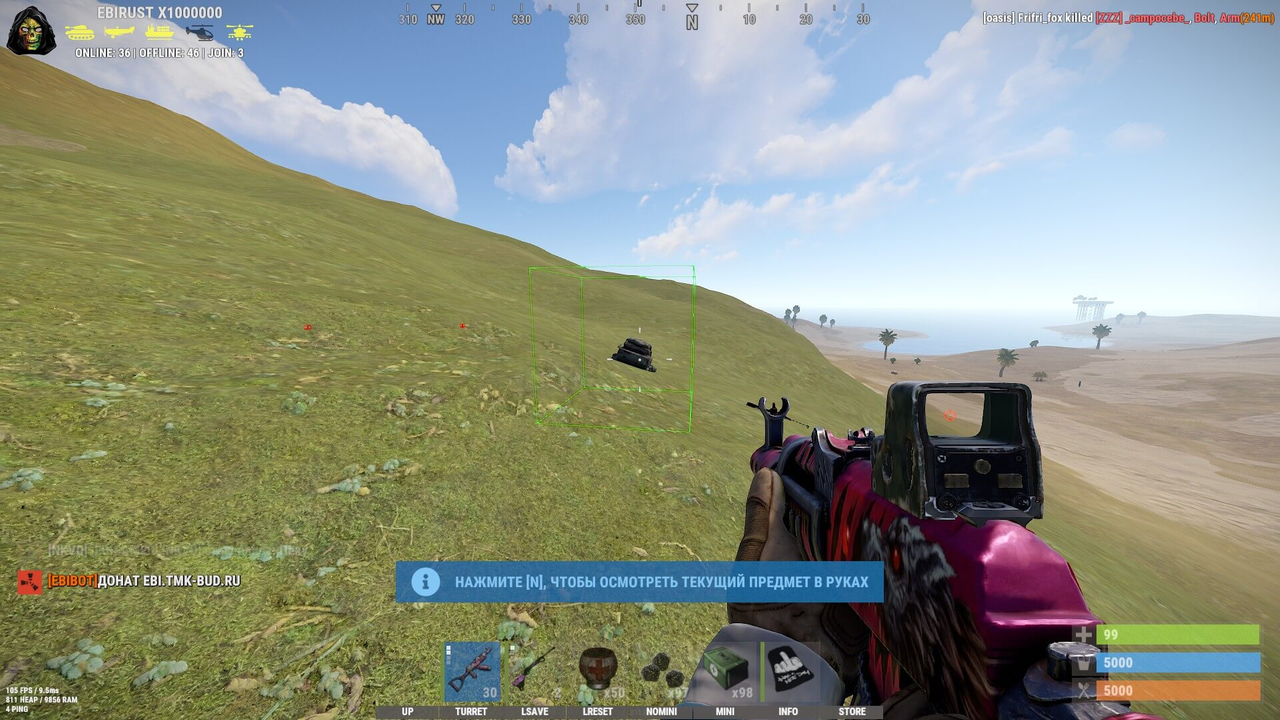In survival games, the role of trial and error is fundamental to the learning and adaptation processes that players experience as they navigate the challenges and intricacies of the game world. These games often immerse players in hostile environments where resources are scarce, dangers abound, and survival is not guaranteed. Within this framework, trial and error becomes an essential mechanism through which players can discover strategies, refine skills, and ultimately enhance their chances of success. This iterative process involves experimenting with various approaches to challenges, learning from failures, and adapting one’s strategies based on accumulated experiences. In this context, a player might attempt a specific strategy, such as building a shelter in a particular location, only to find that it is poorly positioned and vulnerable to attacks from enemies or natural disasters. The immediate failure prompts a reevaluation of tactics; the player learns not only from the consequences of their decisions but also from the underlying mechanics of the game world.

This learning process is often accompanied by a sense of frustration, as repeated failures can lead to feelings of inadequacy. However, overcoming these hurdles fosters resilience and encourages players to persevere, ultimately leading to deeper engagement with the game. The adaptation process driven by trial and error is also crucial for understanding the game’s mechanics. Initially, they might fail to combine the correct resources, leading to suboptimal items. However, through continued experimentation, players begin to recognize patterns and the specific combinations that yield the most effective results. This learning not only enhances their gameplay experience but also provides a sense of accomplishment as they progress. Moreover, the social aspect of quantum cheats rust survival games often amplifies the importance of trial and error. Many of these games feature multiplayer environments where players can collaborate, share experiences, and learn from one another’s mistakes. Observing how others tackle similar challenges can provide valuable insights, allowing players to refine their approaches and strategies.
This communal learning dynamic reinforces the trial and error process, as players may adopt successful tactics observed in others’ gameplay while discarding methods that did not yield favorable outcomes. In addition, trial and error in survival games often leads to a unique sense of agency and ownership over the gameplay experience. As players experiment with different strategies and adapt to their environment, they become more invested in their virtual world. Each failure and subsequent success contribute to a personalized narrative that enhances emotional engagement. The sense of achievement that comes from overcoming obstacles through one’s own efforts fosters a deeper connection to the game, motivating players to continue exploring and experimenting. The role of trial and error in survival games is not merely a pathway to success; it is a core element of the learning and adaptation processes that define the genre. Through continuous experimentation, players develop a nuanced understanding of game mechanics, refine their strategies, and build resilience in the face of adversity.

